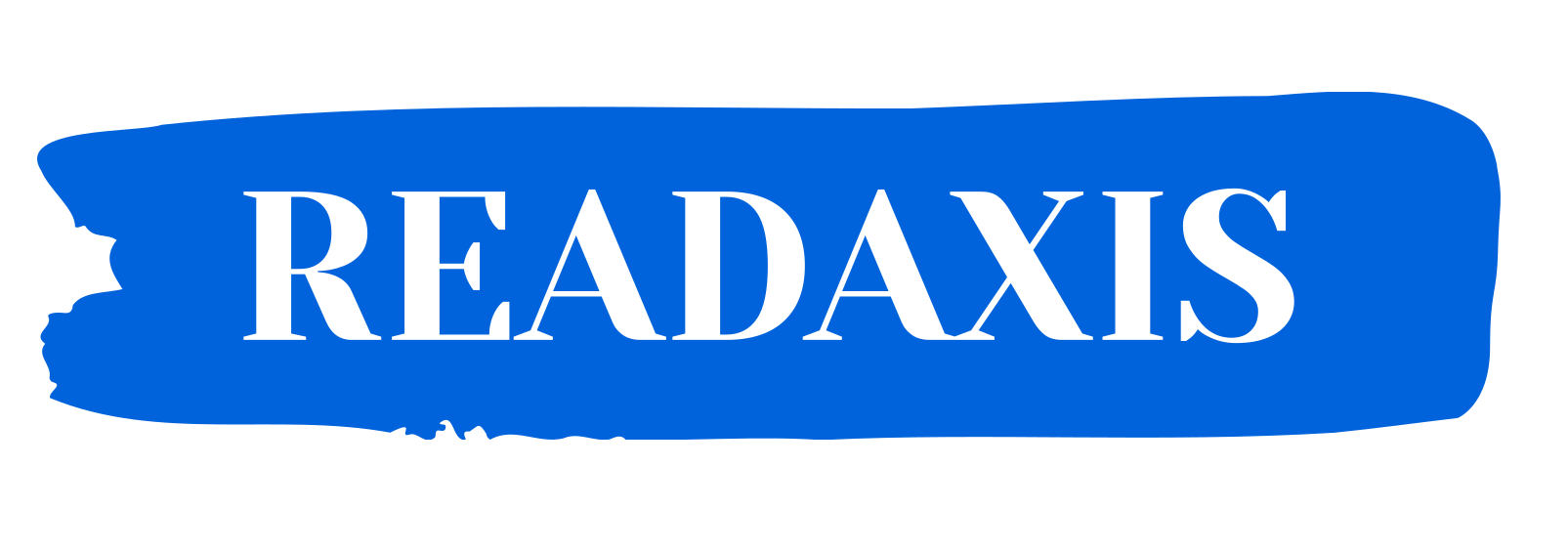Be-form verbs
Be-form verbs are the major auxiliary verbs that you will use in English. Auxiliaries are verbs that help the main verb by conveying the identity, existence, state, and tense. (रूप-रूप क्रियाएँ सहायक क्रियाएँ होती हैं जो मुख्य क्रिया की पहचान, अस्तित्व, अवस्था और काल का बोध कराकर उसकी सहायता करती हैं।)
These include all the forms of the verb “to be” which can be shown as:
| Tense | Simple | Continuous | Perfect |
| Present | I amYou areHe/She/It isWe areYou (plural) areThey are (Example: You are learning English. ) | I amYou areHe/She/It isWe areYou (plural) areThey are (Example: The rain is very heavy.) | I have beenYou have beenHe/She/It has beenWe have beenYou (plural) have beenThey have been (Example: We have been married for three years. ) |
| Past | I wasYou wereHe/She/It wasWe wereYou (plural) wereThey were (Example: I was about to leave for work. ) | I wasYou wereHe/She/It wasWe wereYou (plural) wereThey were (Example: They were registering the students.) | I had beenYou had beenHe/She/It had beenWe had beenYou (plural) had beenThey had been (Example: The marathon had been concluded. ) |
| Future | I will beYou will beHe/She/It will beWe will beYou (plural) will beThey will be (Example: You will pay for the damage ? ) | I will beYou will beHe/She/It will beWe will beYou (plural) will beThey will be (Example: I will be waiting at the bus stop. ) | I will have beenYou will have beenHe/She/It will have beenWe will have beenYou (plural) will have beenThey will have been (Example: At the end of next week I will have been working here for a decade. ) |
